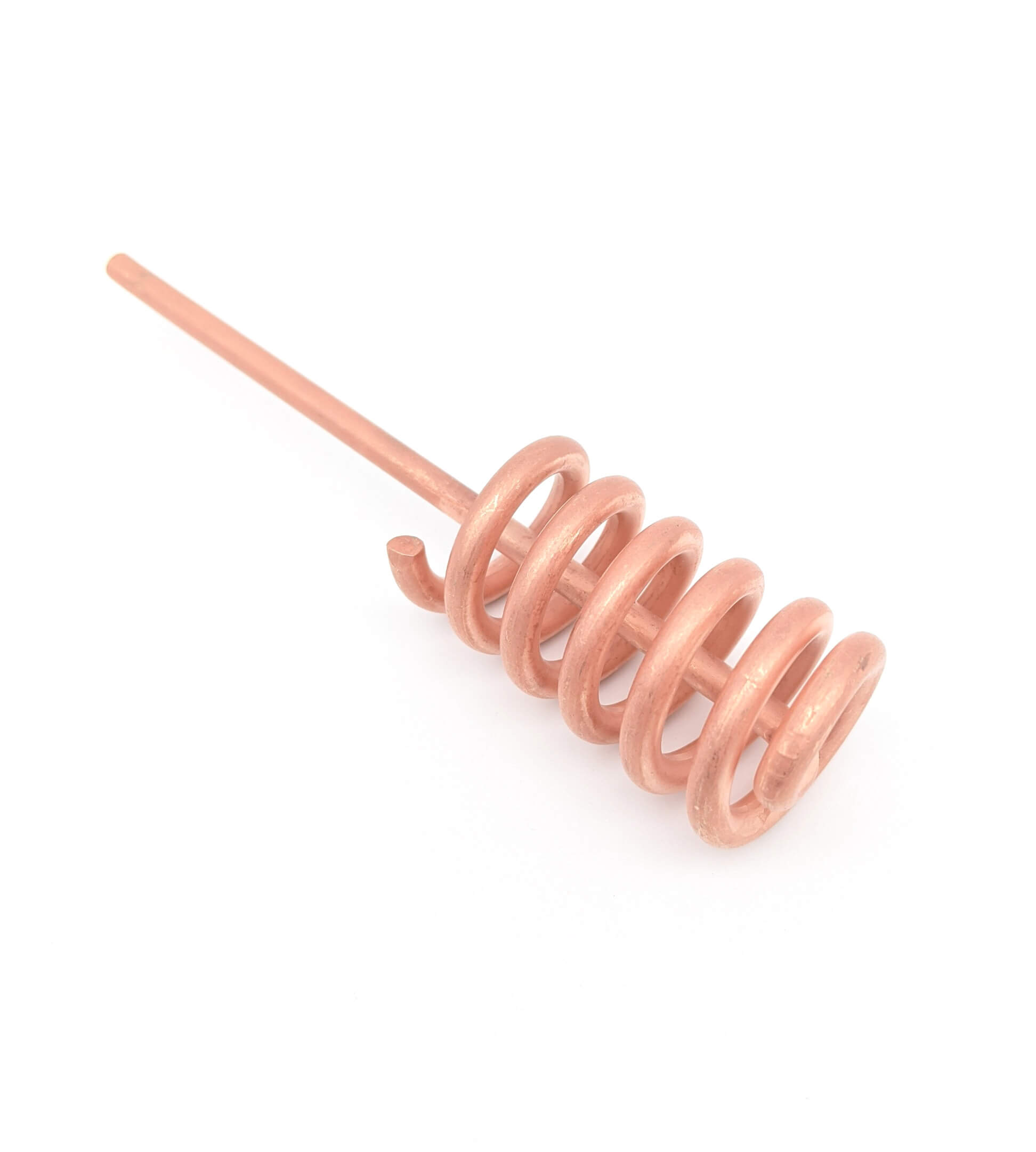Get unique, complex parts easily. No matter your requirements, Chaoyi Spring creates hard-to-produce coil springs and wire forms.
Let us help you create the custom wire form you need, from S-hooks and J-hooks to utility hooks and more.
We work closely with customers across a wide range of industries, helping them design and manufacture made-to-order parts.
Why choose Chaoyi Spring? We prioritize customer-focused collaboration, modern equipment and the latest technology to make your parts per print.
Find the information and guidance you need, from measuring a spring to learning about materials, placing an order and much more.
When it comes to your garage door, the springs are the unsung heroes that ensure smooth operation. These coiled wonders take the weight of your door, allowing it to open


When it comes to your garage door, the springs are the unsung heroes that ensure smooth operation. These coiled wonders take the weight of your door, allowing it to open and close effortlessly. But there's a twist (pun intended) – there are two main types of springs: tension and torsion. Both serve the same purpose, but they work differently and are best suited for different door setups. So, how do you know which one is right for your garage door? Let's break it down and help you make the best decision.

Tension springs, often called extension springs, are the classic choice for garage door systems. They are typically found on older doors and work by storing energy as the door opens. When you close the door, the stored energy is released, helping to counterbalance the weight and make it easier to lower. Think of a slingshot – the rubber band storing energy like the tension springs. Here's what you should know:
Pros:
Cons:
Torsion springs, on the other hand, are the modern alternative. They're typically found on newer doors and work by storing energy in their twist. As the door opens, the spring winds tighter, storing energy. When you close the door, the stored energy is released, assisting in lifting the door. Imagine a wind-up toy – the spring twisting and releasing energy like a torsion spring.
Pros:
Cons:
Choosing between tension and torsion springs depends on several factors, so let's dive into the considerations:
It's wise to consult a professional garage door technician to determine the best type of springs for your specific garage door. They can assess the door's weight, age, and condition, ensuring the most appropriate solution.
Ultimately, safety should be your top priority. While tension springs can be cost-effective, the risk of injury and their shorter lifespan make torsion springs the safer and more reliable choice in most cases. If you're unsure about which type of springs you have or what's best for your garage door, always seek professional help. They will ensure your garage door operates smoothly, safely, and for years to come.
Whether you're looking for cost-effectiveness or prioritizing safety, understanding the difference between tension and torsion springs is crucial. Choosing the right springs ensures your garage door operates smoothly, reliably, and most importantly, safely. Remember, if you're unsure about your garage door's springs, seek professional advice. Your garage door is an essential part of your home, and a properly functioning system provides peace of mind and security.
Browse some of the custom wire forms and springs that we manufacture. Don’t see what you need? We specialize in made-to-order products that meet your application requirements.
Visit Our GalleryNeed a custom wire form or coil spring? We make it work. Fill out the contact form and a representative will respond within 1 business day. If you have a PDF or CAD file, you can submit to request a quote.